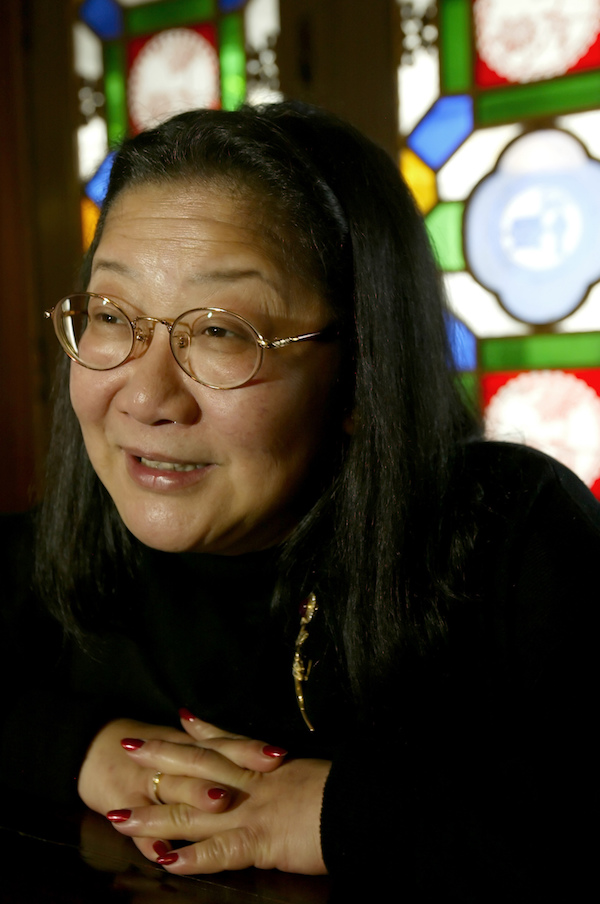A beloved community activist who helped in shaping the Asian American identity in San Francisco has died.
Rose Pak, 68, died in her home early Sunday morning of natural causes, a spokesman said. She did recently spend some time in China for a kidney transplant, but family and friends had said she was healthy.
A native of Hunan, China, Pak and her family fled to British Hong Kong in the 1950s. She studied communications at the San Francisco College for Women, and moved to New York to receive a master’s degree in journalism at Columbia University.
Pak returned to San Francisco in 1974 to work as a reporter at the San Francisco Chronicle, where she was on the Chinatown beat and quickly gained a reputation for being persistent and outspoken. One lawyer even punched her during an interview, eventually calling her “an enormously pushy person” in court. At the Chronicle, she learned the ins and outs of the Asian American community, and would eventually stop writing to focus on helping them out.
“I don’t know if I’m the best person, but someone had to do it,” Pak once told the Chronicle, speaking of her leading role in a $100 million fundraising effort to save the San Francisco Chinese Hospital in the 1970s.
“Rose was tough as nails; she swore like a sailor; she was fearless; and she was relentless, sometimes painfully so,” San Francisco Mayor Ed Lee said in a statement. “But it was always in service of the cause she most believed in: uplifting her community.”
In 2011, Pak started a campaign endorsing Lee, who became the city’s first Chinese American mayor with his win. He ordered city flags to be displayed at half-staff to honor his colleague and friend.
Pak helped her community for more than three decades. Her work ranged from raising funds for political figures and community buildings – including the Central Subway – to opposing major civic tasks like the demolition of Embarcadero Highway.
“San Francisco’s Chinatown is the most unique in the world,” Pak said in a 2005 interview. “This is a living, breathing, evolving community.”







